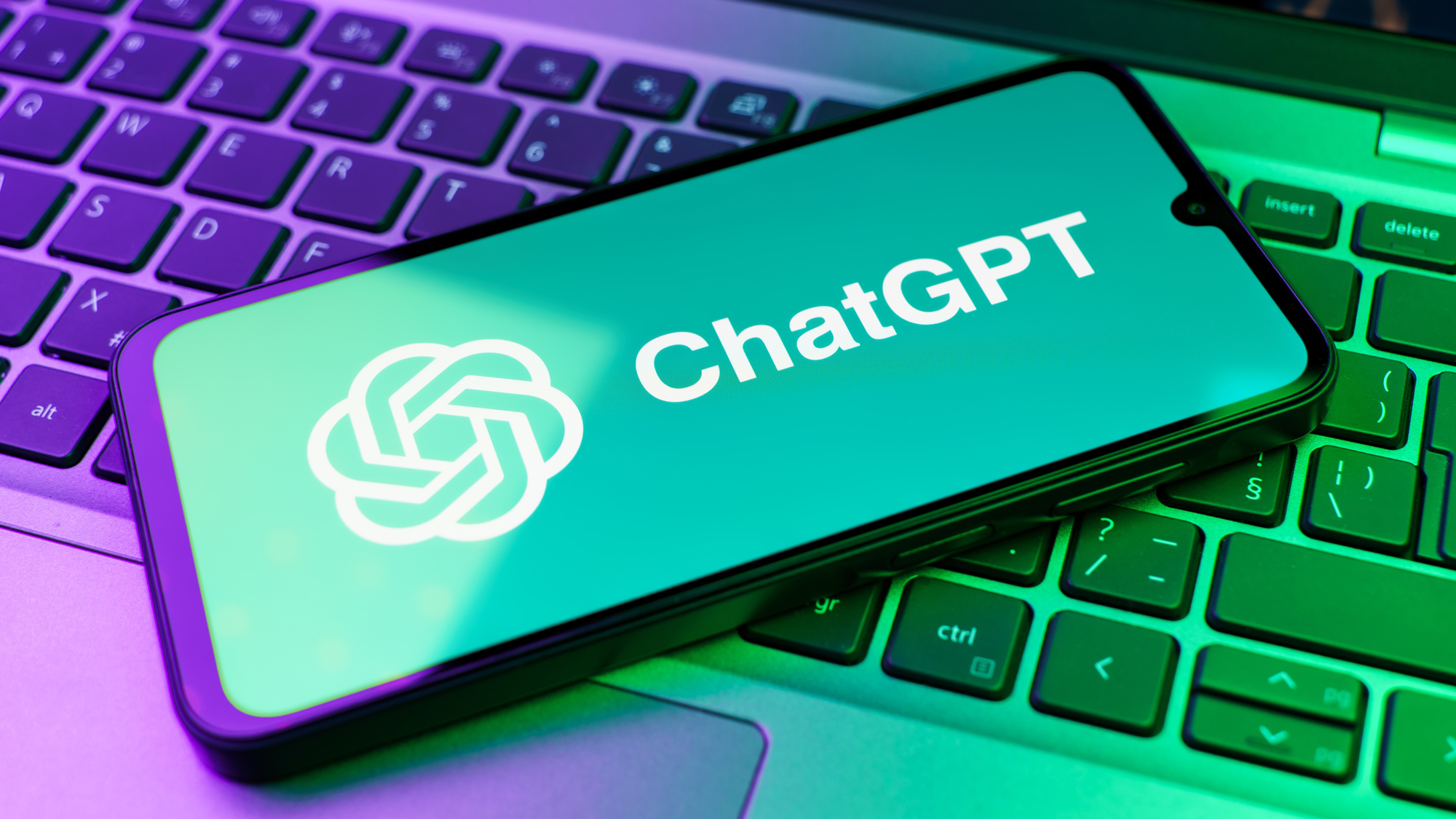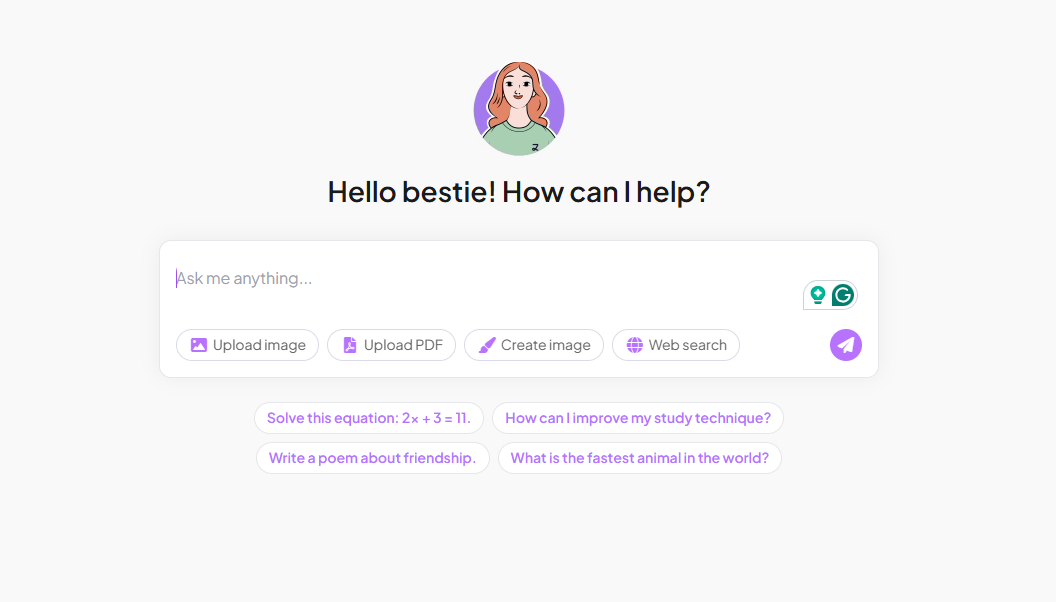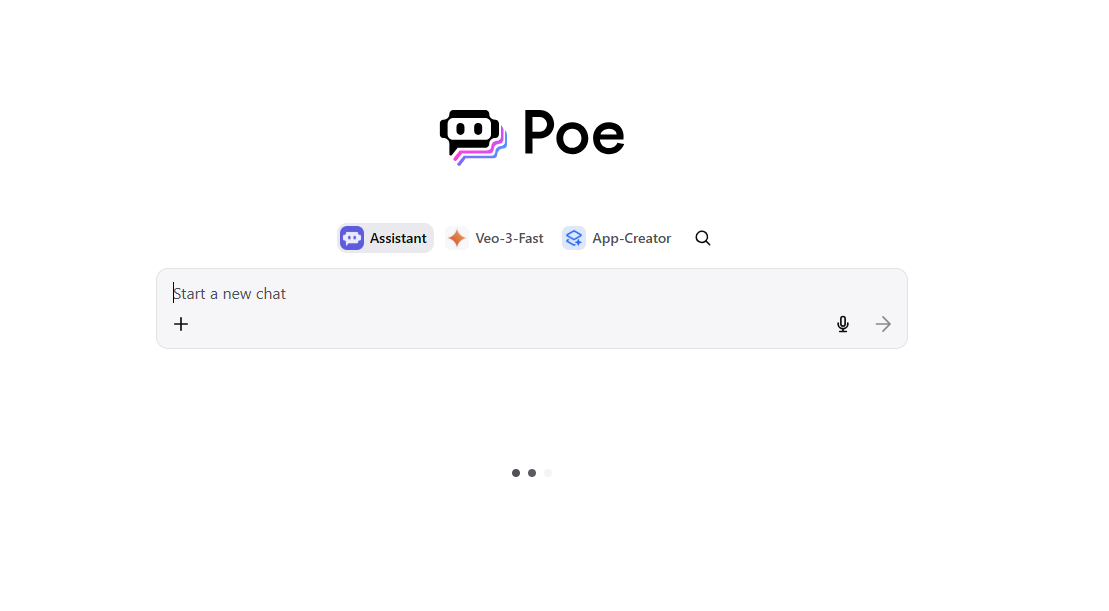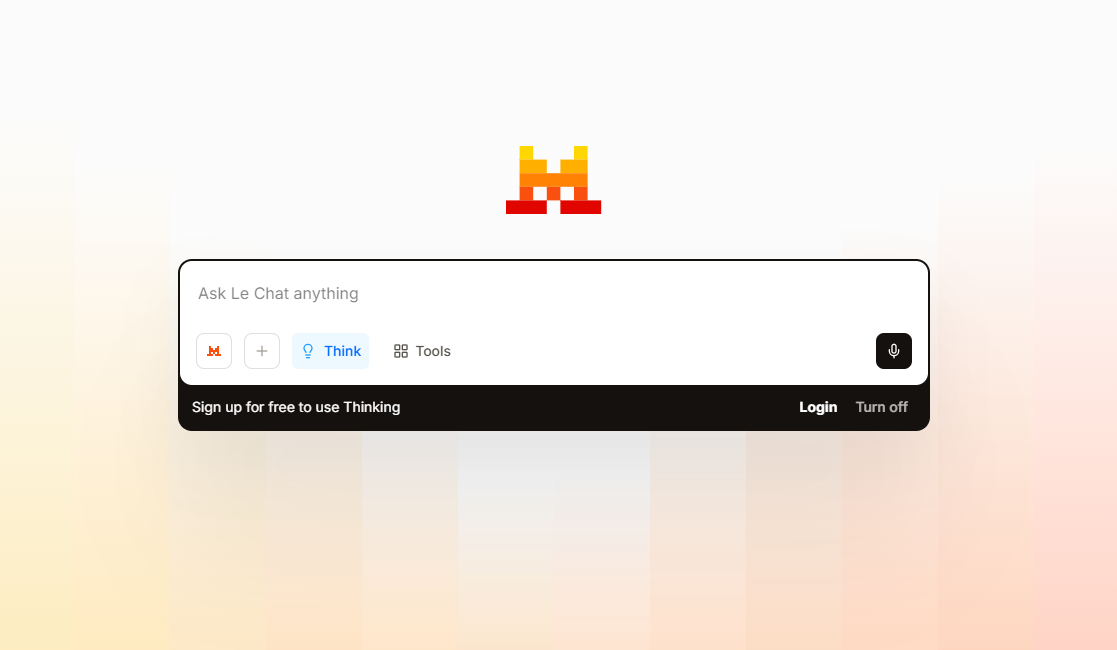I just tried the chatbots you've never heard of — here's how they stack up against ChatGPT
There's a competitive market out there

Here at Tom’s Guide our expert editors are committed to bringing you the best news, reviews and guides to help you stay informed and ahead of the curve!
You are now subscribed
Your newsletter sign-up was successful
Want to add more newsletters?

Daily (Mon-Sun)
Tom's Guide Daily
Sign up to get the latest updates on all of your favorite content! From cutting-edge tech news and the hottest streaming buzz to unbeatable deals on the best products and in-depth reviews, we’ve got you covered.

Weekly on Thursday
Tom's AI Guide
Be AI savvy with your weekly newsletter summing up all the biggest AI news you need to know. Plus, analysis from our AI editor and tips on how to use the latest AI tools!

Weekly on Friday
Tom's iGuide
Unlock the vast world of Apple news straight to your inbox. With coverage on everything from exciting product launches to essential software updates, this is your go-to source for the latest updates on all the best Apple content.

Weekly on Monday
Tom's Streaming Guide
Our weekly newsletter is expertly crafted to immerse you in the world of streaming. Stay updated on the latest releases and our top recommendations across your favorite streaming platforms.
Join the club
Get full access to premium articles, exclusive features and a growing list of member rewards.
ChatGPT is the original chatbot. It was the first to do it, and it remains arguably the best-known out there. However, the landscape has changed dramatically. Where there was once just ChatGPT and a small handful of brands beginning to enter the market, the world of chatbots is now full to the brim.
Big names like Google Gemini, and xAI Grok have poured money into the world of AI, and the likes of Anthropic have carved a position with a focus on research and development. But, while these names have become the faces of AI, there are plenty of alternatives in the shadows.
Looking to seize some of the glory, lots of smaller names have popped up across the world. Some of them are very much carbon copies of ChatGPT, borrowing code and ideas to make an alternative.
Others offer something genuinely different and unique. I tried four lesser-known AI chatbots to see if what they offer is enough to make them a genuine competitor in this cramped market.
Luzia

Luzia has a clear demographic, and I’m not in it. As you open the chatbot, it greets you with the line “Hello bestie! How can I help?” Luzia is designed as an AI guide for studying and life.
Realistically, it follows the same formatting as most other AI chatbots you’ll see out there. There’s a chatbox, and the ability to upload an image, create an image or search the web.
While it is unclear what AI model Luzia uses, its marketed towards students. In my time testing it, it worked just as intended. The problem with competitors like Luzia is that they are just so similar to the likes of ChatGPT and Gemini.
Get instant access to breaking news, the hottest reviews, great deals and helpful tips.
One feature I do really like about Luzia is that you can access it via a Whatsapp chat, similar to Meta AI.
Elicit

Props to Elicit for standing out from the crowd. Elicit is entirely focused on academia. You can ask it to generate a research report, perform a systematic review or find papers.
When I asked it what the impact of magnesium on sleep and stress was (a pre-made question I could try), it came up with a detailed report that used 499 sources in its references.
It provided an abstract, methods, tables, explanations and more. In fact, the report was so incredibly detailed that there were pages and pages to scroll through.
I really like the concept of Elicit, but it is niche in its market. If you’re not a student or working in an academic field, there will be no real use here for you. However, for those in those groups, it is a much better research tool than ChatGPT ever will be.
Poe

Poe is an intriguing offer. The idea here is that you aren’t getting a chatbot… you’re getting all of them. Think of it more as a way to interact with any chatbot from one place, offering ChatGPT, Claude, Gemini and more from one chatbox.
It also includes video generators, image generators, audio creators and more. Poe is, in theory, a great option. It is just a way of having all of your chatbots offered in one place, what’s not to love about that?
The issue is the cost. Three isn’t really a free option here, with the cheapest plan being $4.99 a month. Subscription prices go up to $249.99 a month, with each step up getting you more tokens.
Tokens match up to how much power you use. A quick chatbot conversation won’t use many tokens, but a large video generation will. If you like the idea of having every AI model in one place, Poe is great, but it doesn’t come cheap.
Le Chat

Le Chat is a chatbot that I have championed for a while now. It has a small, yet incredibly loyal fanbase.
It works in a very similar way to ChatGPT. One of the big selling points is its speed. It responds to queries in a rapid pace, especially if you upgrade to the Pro version.
While it doesn’t have the same long list of features as its competitors, lacking video and image generation, its performance as a chatbot is impressive, keeping up with the best.
It is also one of the best chatbots for anyone who is concerned about privacy or where their data is being used.
More from Tom's Guide
- Chrome is getting 10 new AI features — these are the 3 I’m most excited about
- 5 biggest AI stories you (probably) missed this week — Gemini overtakes ChatGPT and more
- I've been using ChatGPT-5's new memory feature and it's a game changer — here's how to try it now

Alex is the AI editor at TomsGuide. Dialed into all things artificial intelligence in the world right now, he knows the best chatbots, the weirdest AI image generators, and the ins and outs of one of tech’s biggest topics.
Before joining the Tom’s Guide team, Alex worked for the brands TechRadar and BBC Science Focus.
He was highly commended in the Specialist Writer category at the BSME's 2023 and was part of a team to win best podcast at the BSME's 2025.
In his time as a journalist, he has covered the latest in AI and robotics, broadband deals, the potential for alien life, the science of being slapped, and just about everything in between.
When he’s not trying to wrap his head around the latest AI whitepaper, Alex pretends to be a capable runner, cook, and climber.
You must confirm your public display name before commenting
Please logout and then login again, you will then be prompted to enter your display name.
 Club Benefits
Club Benefits















